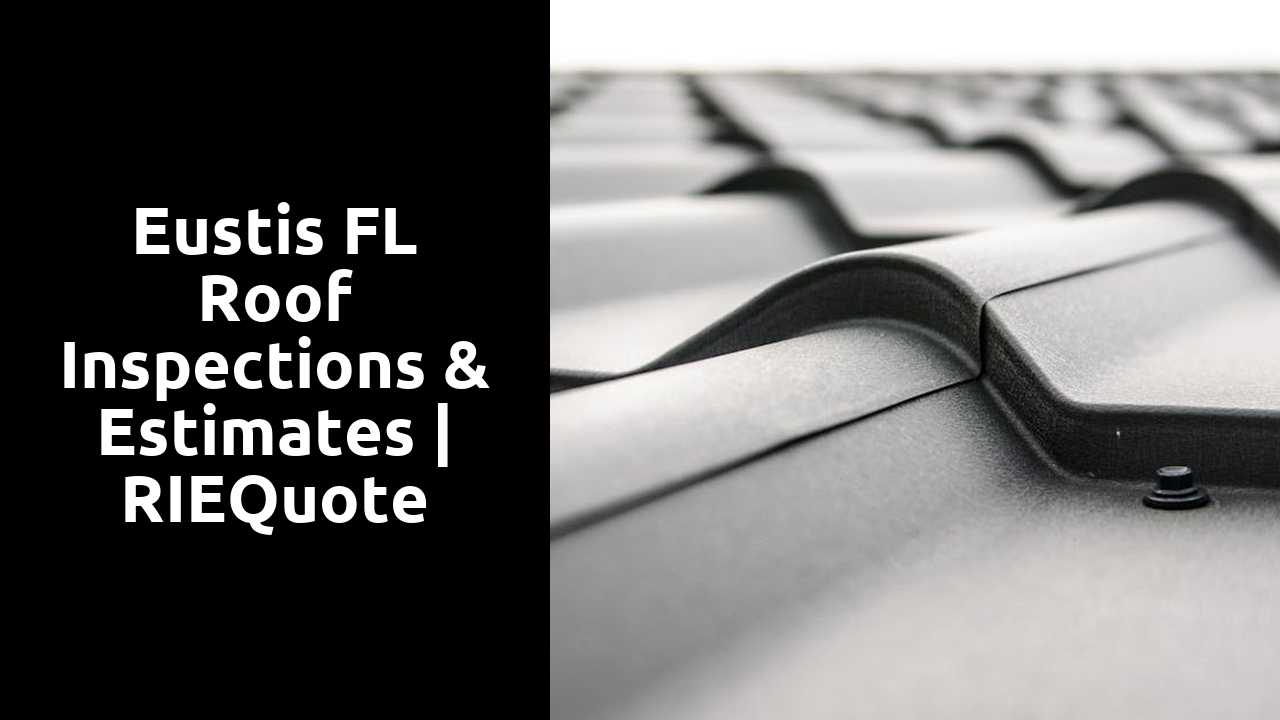The Impact of Weather on Roof Conditions
Weather significantly influences the condition of roofs over time. Extreme temperatures can cause materials to expand or contract, leading to potential damage. In regions with heavy rainfall, constant exposure may lead to leaks and the growth of moss or algae. Conversely, areas with high humidity can accelerate the deterioration of roofing materials, increasing the need for regular inspections and maintenance. Understanding these weather-related factors is vital for homeowners seeking to preserve the integrity of their roofs. REIQuote Eustis FL
How Different Climates Affect Roof Longevity
The effects of climate on roofing materials are profound and varied. In areas with heavy rain and snow, roofs are subjected to increased moisture, leading to potential deterioration from mold and mildew. High humidity levels can accelerate rust and rot in specific materials, particularly metal and wood. Conversely, regions with arid climates can see roofing materials crack or become brittle due to intense sun exposure. The UV rays break down protective coatings, diminishing the lifespan of roofing structures. Proper ventilation becomes critical in these climates to mitigate heat buildup, which can further stress roofing systems.
Understanding Different Roofing Materials
Roofing materials play a crucial role in determining the durability and performance of your structure. Traditional options such as asphalt shingles are popular due to their affordability and ease of installation. Metal roofing, known for its longevity and resistance to severe weather, is increasingly favored in areas prone to high winds and heavy rainfall. On the other hand, slate and tile roofs provide a unique aesthetic appeal and impressive lifespan but come at a higher upfront cost. Each material offers varying benefits and is suited to different architectural styles and climate considerations.
- Asphalt shingles are budget-friendly and easy to replace.
- Metal roofing can significantly lower energy bills due to its reflective properties.
- Tile roofs provide excellent insulation and are fire-resistant.
- Slate roofing is environmentally friendly, as it is a natural material.
Eustis Roof Inspection FAQS
What should I expect during a roof inspection in Eustis, FL?
During a roof inspection in Eustis, FL, you can expect a thorough evaluation of your roof’s condition, including an assessment of leaks, structural integrity, and the overall lifespan of the roofing materials. Inspectors will look for signs of weather damage, wear and tear, and potential issues that could affect the longevity of your roof.
How often should I schedule a roof inspection in Eustis, FL?
It is generally recommended to schedule a roof inspection in Eustis, FL, at least once a year. However, after severe weather events or if you notice any signs of damage, you should arrange for an inspection sooner to ensure your roof is in good condition.
What factors can affect the cost of a roof estimate in Eustis, FL?
The cost of a roof estimate in Eustis, FL, can be influenced by several factors, including the size and pitch of the roof, the type of roofing materials used, the extent of any repairs needed, and current labor rates in the area.
How do I choose a roofing company for inspections and estimates in Eustis, FL?
To choose a roofing company for inspections and estimates in Eustis, FL, consider checking their credentials, customer reviews, and experience in the industry. Look for companies that offer detailed estimates and have a good reputation for quality workmanship and customer service.

